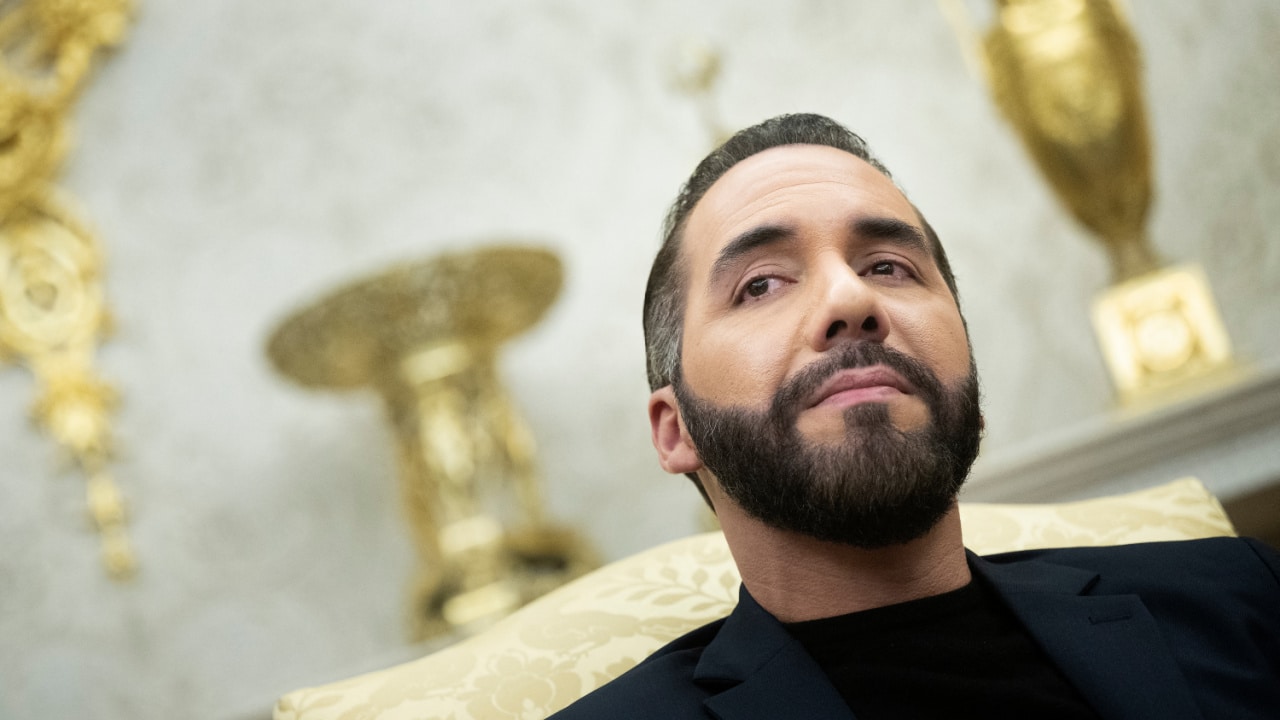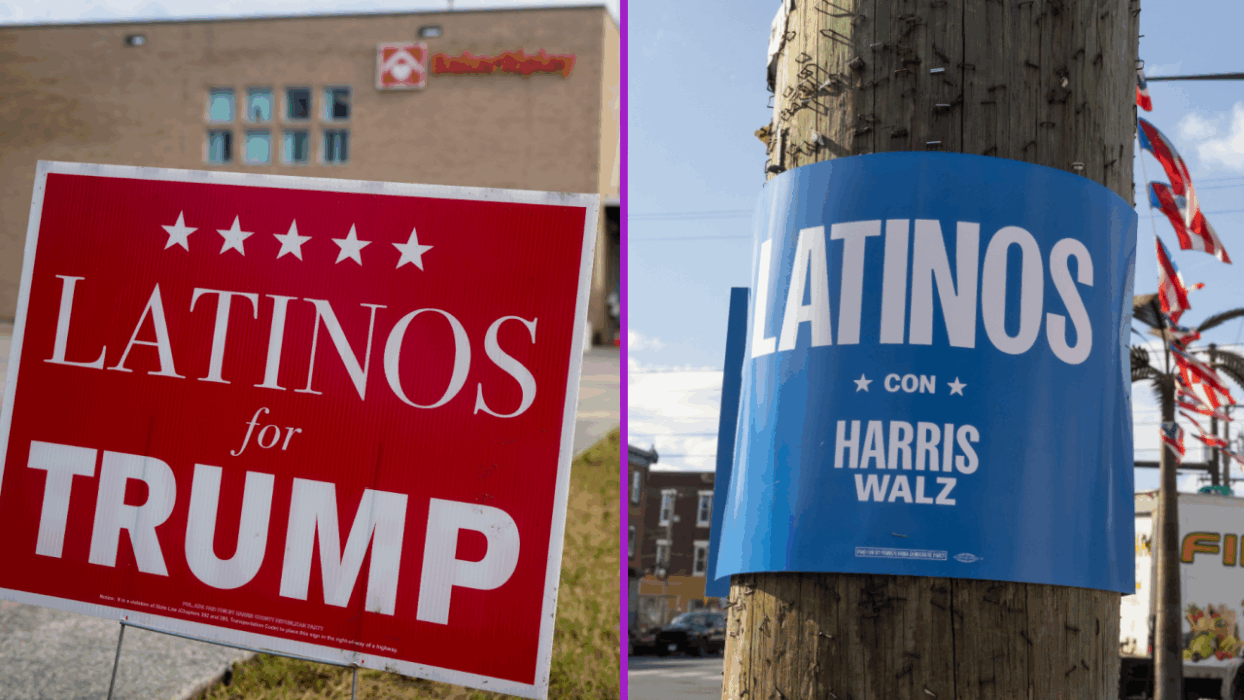
El Salvador Ends Presidential Term Limits, Sparking Fears of Authoritarian Rule
El Salvador’s lawmakers have paved the way for President Nayib Bukele to remain in power indefinitely. In a stunning move, lawmakers abolished presidential term limits and extended the presidential term to six years. The decision to end presidential term limits is seen as the end of democracy in the country, according to opposition leaders. Here is what we know about recent constitutional changes in El Salvador.
Lawmakers in El Salvador made massive changes to the country’s constitution
The National Assembly of El Salvador approved major changes to the constitution that will have ramifications for generations to come in a 57-3 vote. President Nayib Bukele’s party holds a supermajority in the National Assembly, and they used their power to make the changes. To justify the changes, party leaders claim that the amendments will empower Salvadoran citizens. Opposition leaders and human rights activists are painting a different picture.
According to a social media post, the National Assembly amended articles 75, 80, 133, 152, and 154 of the Salvadoran constitution. The amendments mean that President Bukele now has a pathway to be president indefinitely. Additionally, the amendments restructured the electoral calendar for El Salvador. This means that President Bukele’s term, which was supposed to end in 2029, now ends in 2027. He is then eligible to run for another six-year term.
“With this initiative, we open a new chapter in the democratic history of El Salvador,” Ana Figueroa, a lawmaker in President Bukele’s party, wrote on X (formerly Twitter). “It will be the people who decide, as many times as they wish, whether to continue supporting the path of transformation our nation is experiencing.”
Critics of the amendments are sounding the alarm. Some, like Congresswoman Marcela Villatoro, are warning Salvadorans that the Central American country is following in Venezuela’s footsteps. By scrapping presidential term limits, human rights activists and opposition leaders fear a future where President Bukele rules El Salvador as a dictator.
President Bukele embraces the epithet of dictator
President Bukele, perhaps as a troll, once updated his X (formerly Twitter) bio to read “The world’s coolest dictator.” The bio update sent chills through human rights activist groups and journalists in the country. His indiscriminate crackdown on dissenters has forced many to start fleeing the country out of fear that the country is sliding into a dictatorship.
President Bukele’s party is pointing to the country’s shift from the murder capital of the world to one of the safest countries in the region to justify the constitutional changes. Since becoming president in 2019, President Bukele has used force and suspended due process to crack down on gang members. At the beginning, the government’s force was focused on ridding the country of the gangs that had terrorized El Salvador for decades. That government focus shifted moving into his second term as president.
According to The Guardian, as President Bukele consolidated more and more power, law enforcement has rounded up and imprisoned 2 percent of El Salvador’s adult population. His harsh ruling has made him a role model for rightwing governments seeking to crack down on perceived societal dangers.




